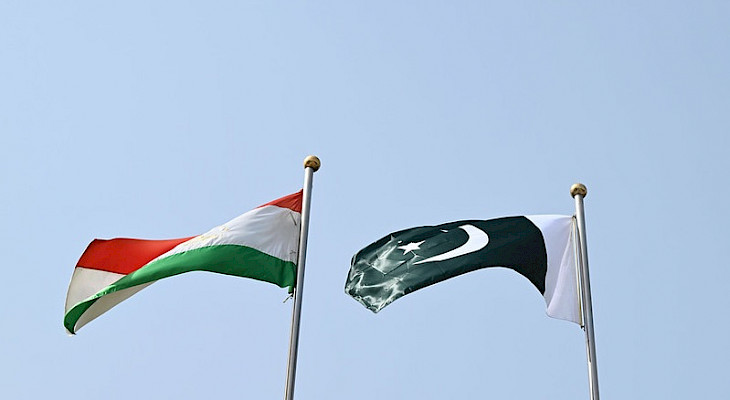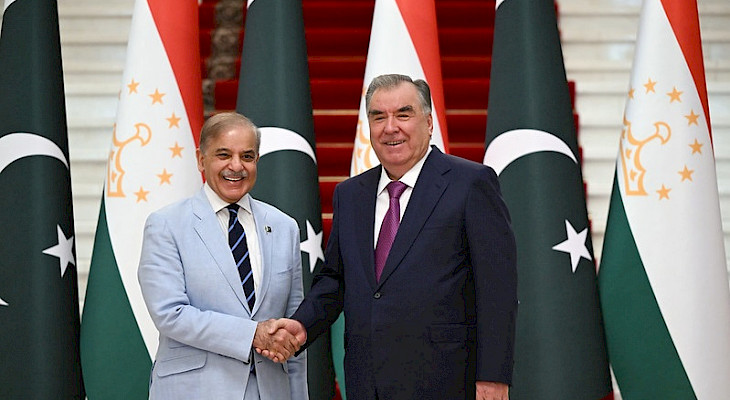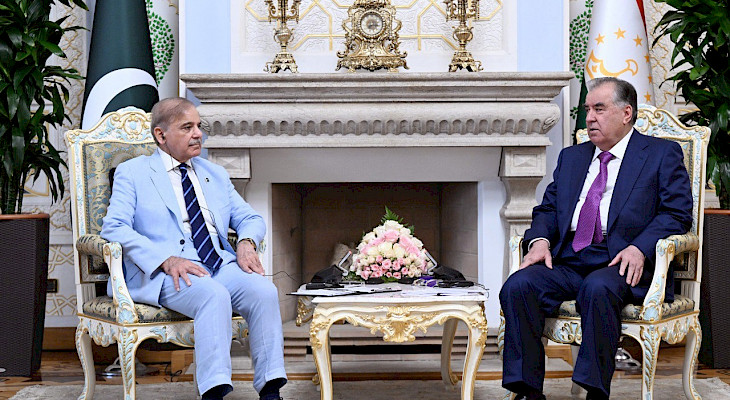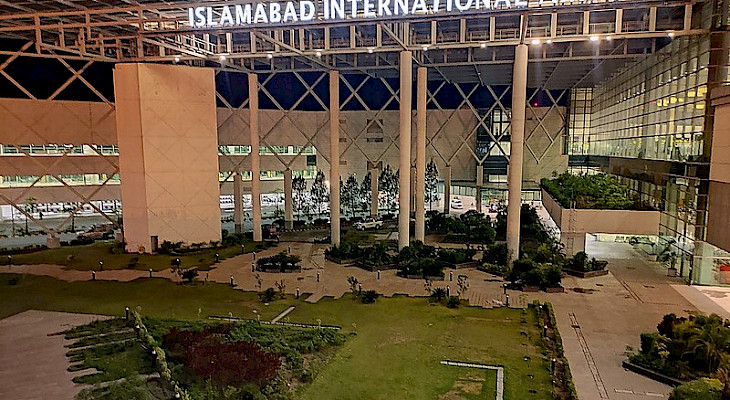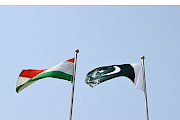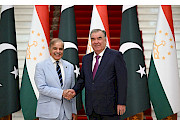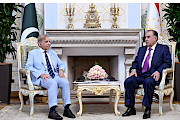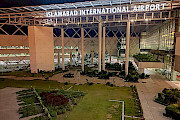President of Tajikistan held talks with Prime Minister of Pakistan Shahbaz Sharif, who arrived in Dushanbe on an official visit, Asiaplus.tj reports.
Following high-level meetings and negotiations, Tajikistan and Pakistan have signed new documents on cooperation.
President Emomali Rahmon and Prime Minister of Pakistan Shahbaz Sharif signed a Joint Statement on the outcomes of Sharif's first state visit to Tajikistan and an Agreement on Strategic Partnership between the two countries.
Additionally, the following agreements were signed:
- Cooperation Program between the ministries of the two countries for 2025-2026;
- Protocol of Intentions for cooperation between the Ministry of Industry and New Technologies of Tajikistan and the Federal Ministry of Maritime Affairs of Pakistan to expand interaction in the field of industrial goods and products import-export;
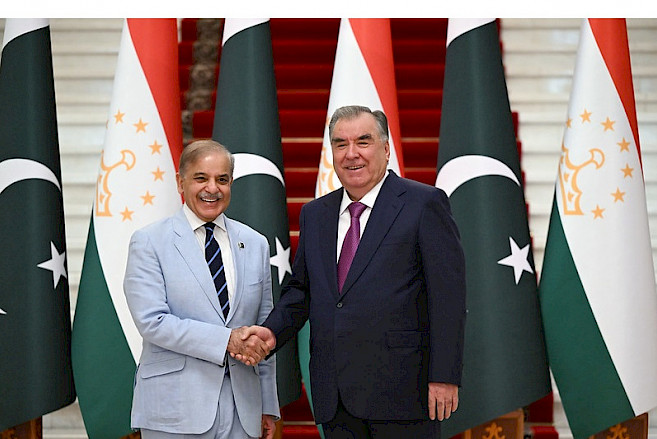
Emomali Rahmon and Shahbaz Sharif
Photo by the Press Service of the President of Tajikistan
- Agreement on scientific cooperation between the National Academy of Sciences of Tajikistan and the Pakistan Academy of Sciences;
- Roadmap between the Tourism Development Committee of Tajikistan and the Tourism Development Corporation of Pakistan;
- Additional Memorandum between the Civil Aviation Agency of Tajikistan and the Civil Aviation Authority of the Government of Pakistan on air connectivity services;
- Memorandum between Tajik National University and Punjab University (Lahore);
- Memorandum of Cooperation between the Tajikistan Cricket Federation and the Pakistan Cricket Board.
After the signing ceremony, Rahmon and Sharif held a press conference.
Investments, access to ports, and energy
"We consider Pakistan's trade and economic opportunities, its geostrategic position, and influence in the South Asian region and the Islamic world highly important. Therefore, we are interested in strengthening and expanding our cooperation with fraternal Pakistan," said Emomali Rahmon at the beginning of the talks involving delegations from both countries.
During the meetings, both in a narrow and expanded format, issues related to the activities of the Joint Intergovernmental Commission on Trade, Economic, and Scientific-Technical Cooperation and a range of issues related to comprehensive expansion of Tajikistan's and Pakistan's trade and economic ties were discussed.
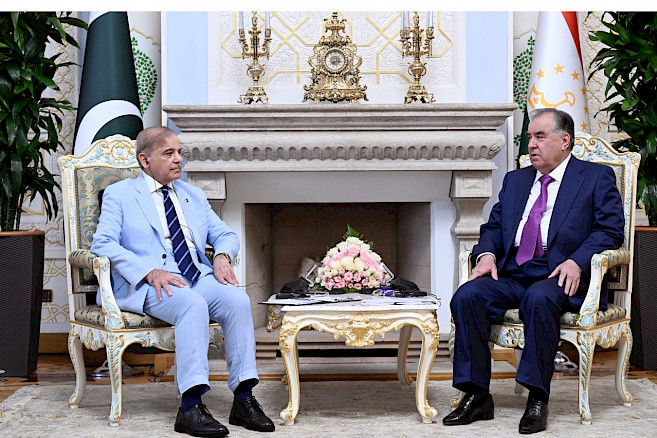
In this context, the parties expressed interest in further expanding links in trade, investments, transportation, energy, various industries including light and food, extraction and processing of minerals, and agriculture.
Furthermore, to expand other aspects of cooperation, it was deemed necessary to hold meetings of joint working groups on oil and gas, energy, a joint council of entrepreneurs, Tajikistan-Pakistan Business Forum, and establish a Joint Council of Companies for freight transport between the two countries.

Discussing cooperation in the energy sector, the parties highlighted the timely implementation of the CASA-1000 project as a real link between the countries of Central and South Asia.
The discussion also covered access to international transport corridors and global ports, especially maritime routes and ports of Pakistan. Attention was paid to the implementation of projects to connect the two countries by road and rail, as well as to establish logistics centers in one of the southern regions of Tajikistan and in northern Pakistan.
Other topics of high-level negotiations included expanding ties in science and education, allocating quotas for students, developing cultural-humanitarian relations, and healthcare.
CentralasianLIGHT.org
July 2, 2024

